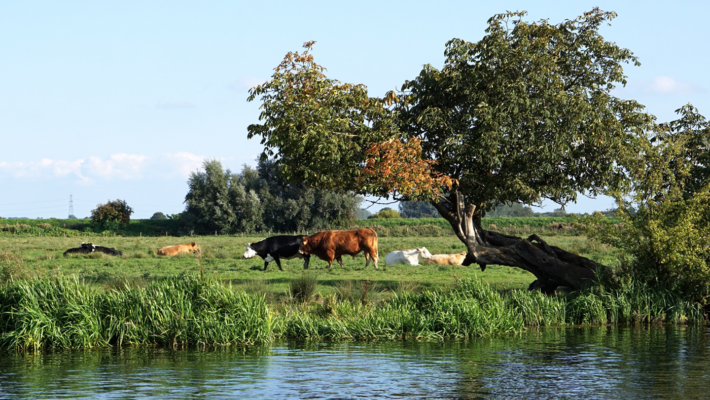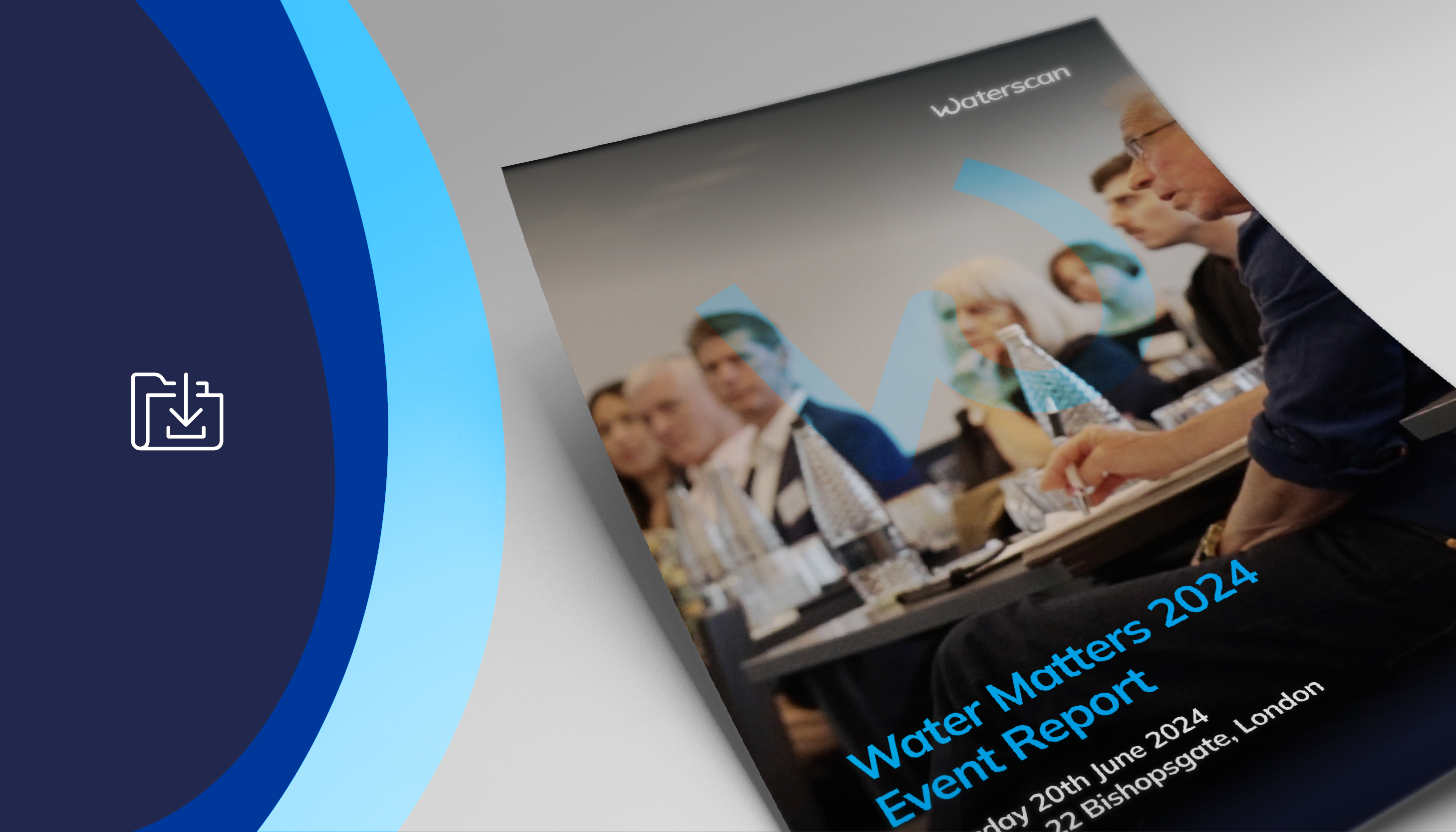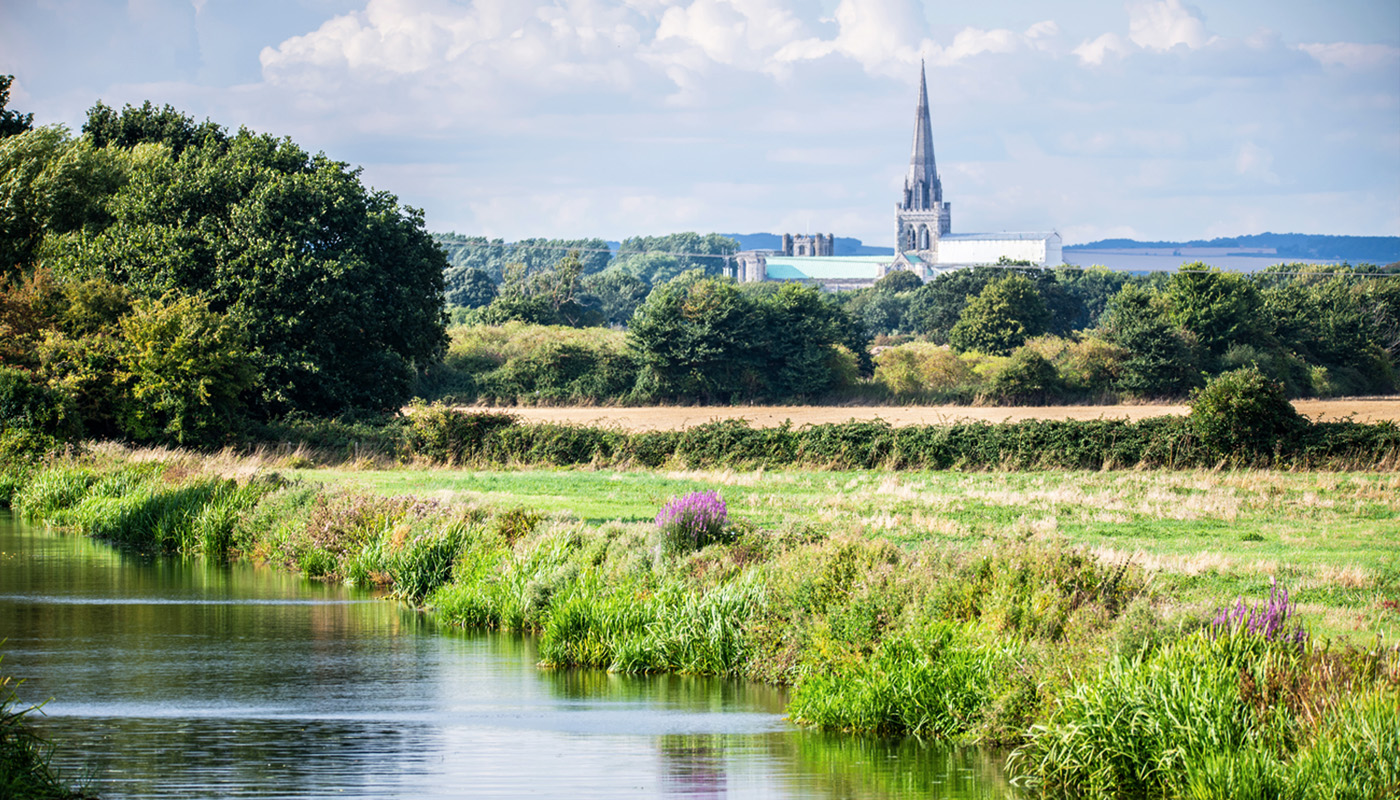The UK’s number one dairy company, Arla has been granted a licence to Self-Supply water by market regulator Ofwat.
The move to Self-Supply comes off the back of Arla’s commitment to accelerate its transition to sustainable dairy production with a stated ambition to become carbon net zero by 2050.
A farmer-owned cooperative, Arla’s vision is to create the future of dairy to bring health and inspiration to the world, naturally. Across ten sites in England, it manufactures a wide range of products including milk, yoghurt, cream and cheese under brands such as Cravendale, Anchor, Lurpak and Castello. From cleaning milk tankers and milk bottles to the running of cooling towers, water is a vital part of Arla’s manufacturing operations.
Self-Supply, an innovative procurement model, gives business water customers high level visibility of their water consumption and cost, and therefore more control over how to manage these. The Self-Supply licence means that Arla will be able to supply its own water services to multiple sites across England and Wales, and to pay wholesale prices – the price that retailers pay to the water companies, exclusive of any retail margin.
Equally importantly, Arla now becomes a market participant, a member of market operator MOSL with voting rights, and able to influence the future of the water marketplace for the benefit of customers across the manufacturing sector. It can also join fellow food and drink manufacturers Coca-Cola Europacific Partners, Marstons, Greene King and Kellogg’s, that have already adopted Self-Supply, at the Self-Supply Users Forum – a cross-sector collaboration which puts business water customers at the heart of the deregulated water marketplace.
“Water is a critical resource for all manufacturing processes. Of course, this is somewhat easier to manage at single-site operations, but Arla’s supply chain is rather more complex with thousands of farmers feeding into its manufacturing sites. This renders the resilience of its supply open to variable climate-related risks from location to location. Self-Supply will give Arla unrivalled transparency and control, comprehensive data for accurate billing across its whole UK operation and with this, opportunities to build on its water efficiency work to date. Ultimately it will help reduce risk across the business and secure a sustainable future.”
Neil Pendle, Waterscan’s Managing Director
On average, organisations that Self-Supply their water save an impressive 5% of their annual consumption. Along with usage savings, Self-Supply retailers achieve some of the highest market performance scores, a further measure of excellence and efficiency.
Arla’s sustainability strategy covers the whole value chain from cow to consumer, addressing the key pillars of climate, air, water and nature. In early 2008, Arla signed the Global Compact and in 2016 further signed up to the Courtauld Commitment 2025, which encompasses water use. During 2017 it successfully reduced water consumption by 700,000m3 and has set a target to reduce energy and water consumption by 3% annually.




